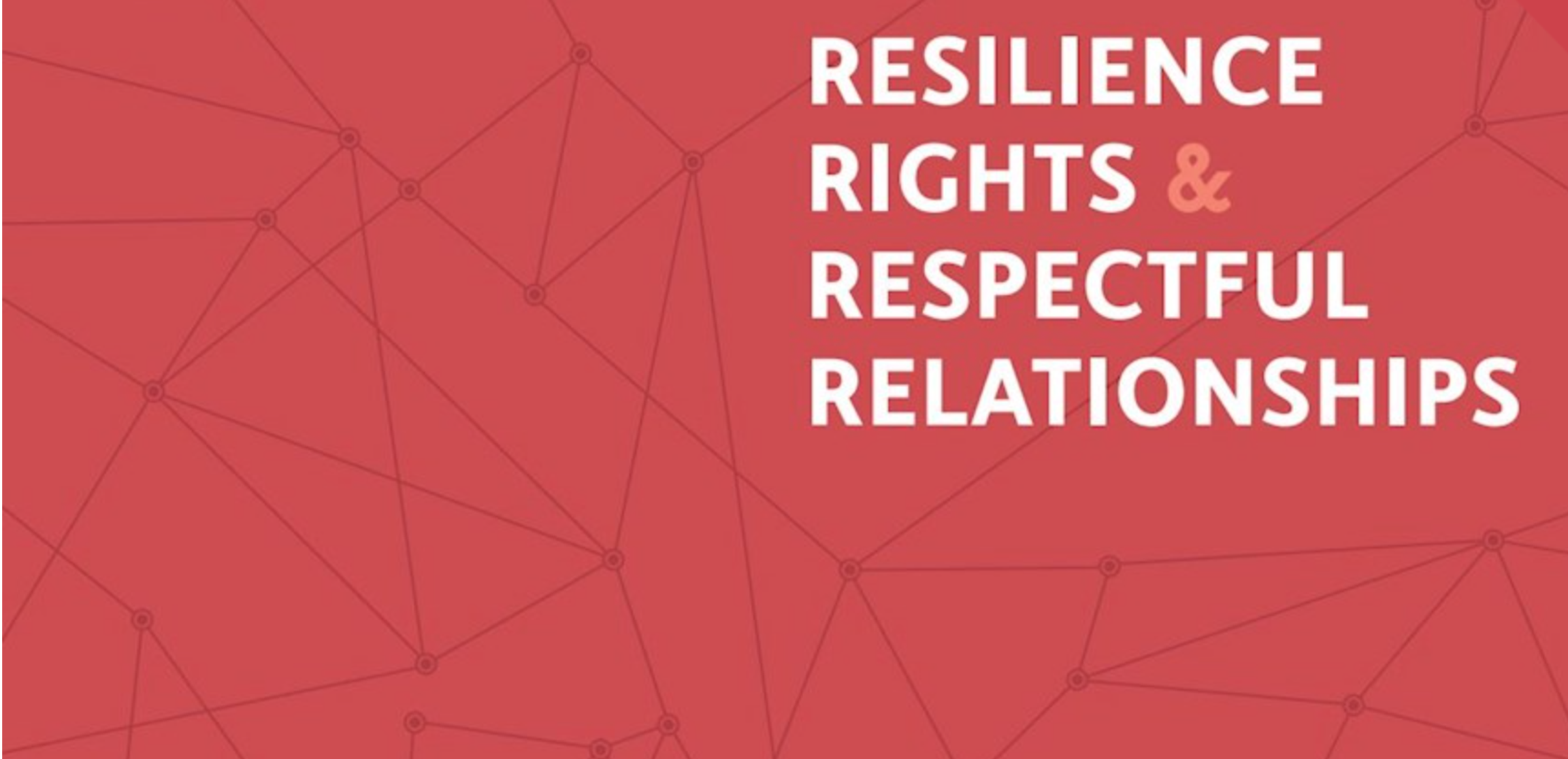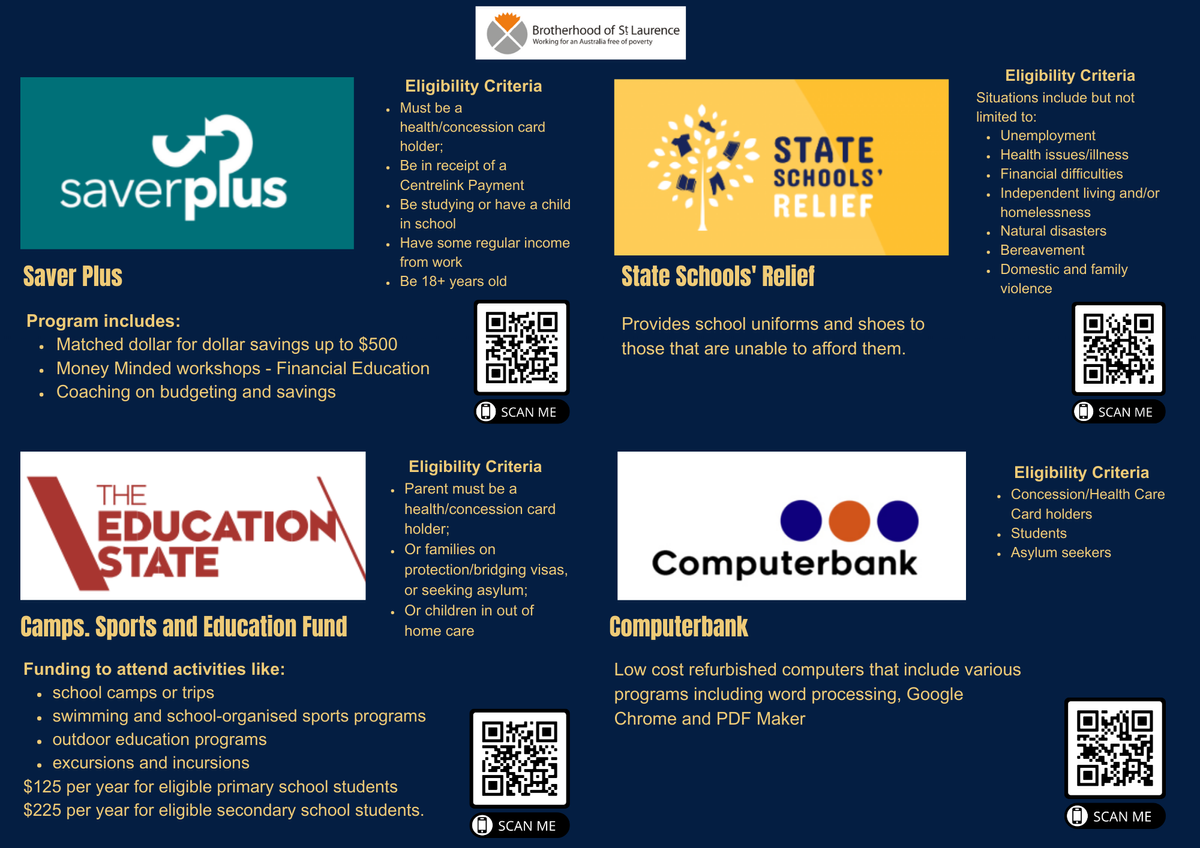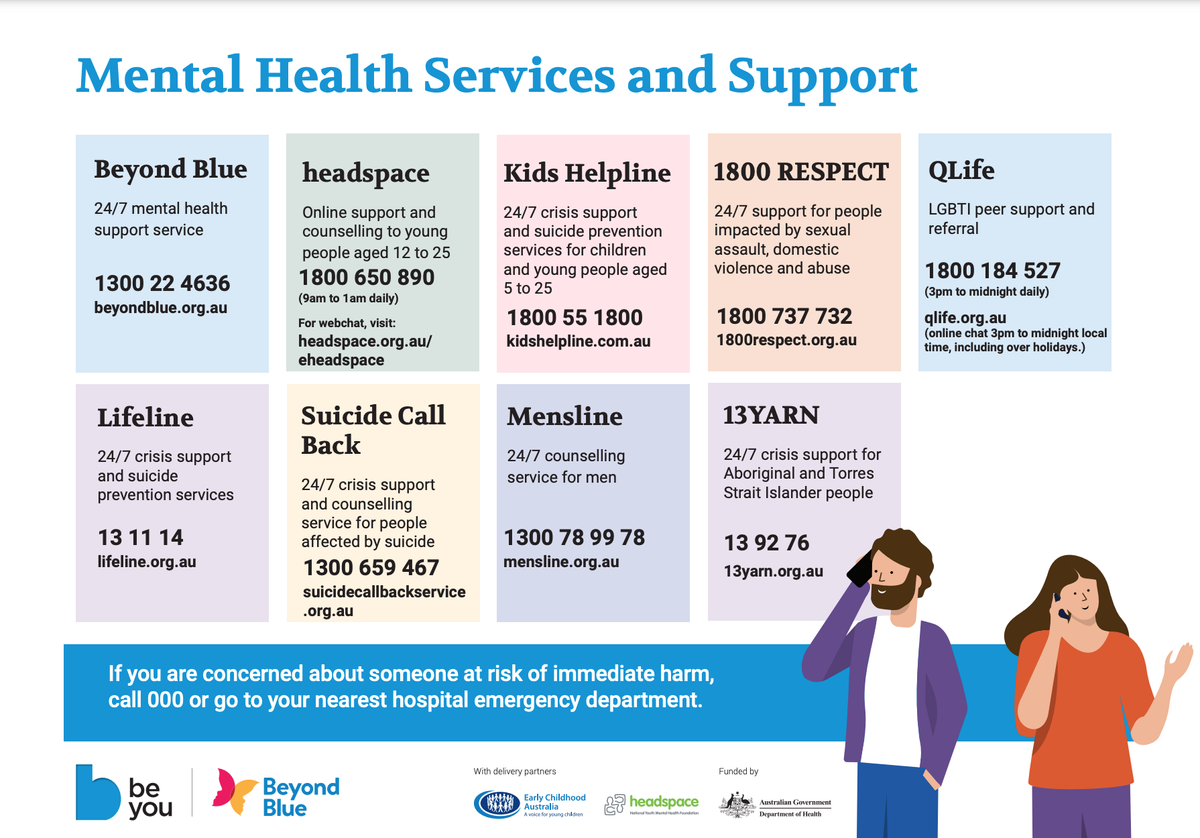Wellbeing & Family Partnerships

Introducing the eight topics of RRRR
TOPIC 3:
Learning activities in this topic provide opportunities for students to identify and discuss different types of coping strategies. When children and young people develop a language around coping, they are more likely to be able to understand and deliberately utilise a range of productive coping strategies and diminish their use of unproductive coping strategies. Students learn to extend their repertoire of coping strategies and benefit from critically reflecting on their own choices and being exposed to alternative options. Activities introduce students to the concept of self-talk and practice using positive self-talk to approach and manage challenging situations. Positive self-talk is a key strategy for coping with negative thoughts, emotions and events. It is associated with greater persistence in the face of challenge and can be learnt or strengthened through practice.
NATIONAL BULLYING PREVENTION WEEK 2023
Bullying isn't the same as a 'normal' conflict between people (such as having an argument or a fight) or simply disliking someone. It's more about repeated behaviour by someone who has power or control over someone else.
Bullying can happen anywhere. It can be in schools, at home, at work, in online social spaces, via text messaging or via email. It can be physical, verbal, emotional, and it also includes messages, public statements and behaviour online intended to cause distress or harm (also known as cyberbullying). But no matter what form bullying takes, the results can be the same - severe distress and pain for the person being bullied.
Bully Zero is proud to host National Bullying Prevention Week. This year, the week will be held on Monday 14th August - Sunday 20th August 2023.
Bullying impacts over 2 million Australians every year: whether it's young people at school, employees in the workplace or all ages online, many face the challenging impacts of becoming targets of bullying behaviours.
To support our ongoing wellbeing program, students at St Augustine's will participate in Bullying Prevention and Anti-Bullying sessions during National Bullying Prevention Week.
Please find some Parent resources below:
Some information from the Bully Zero Website:
WHAT IS NOT BULLYING?
There are also some behaviours, which, although they might be unpleasant or distressing, are not bullying:
- Mutual conflict which involves a disagreement, but not an imbalance of power. Unresolved mutual conflict can develop into bullying if one of the parties targets the other repeatedly in retaliation.
- Social rejection or dislike is not bullying unless it involves deliberate and repeated attempts to cause distress, exclude or create dislike by others.
- Single-episode acts of nastiness or physical aggression, or aggression directed towards many different people, is not bullying.
THE DIFFERENT TYPES OF BULLYING
There are different types of bullying. Below are some of the more common forms:
- Verbal: Name calling or put downs, threats, teasing, ridiculing, intimidation and stalking.
- Physical: Punching, tripping, kicking or stealing and/or destroying someone else’s property. Unwanted kissing or touching.
- Social: Leaving people out, not inviting someone to social occasions, stopping a conversation when someone walks in the room, gossiping, or talking about someone behind their back. This can also include lying and spreading rumours; mimicking or making fun of unkindly; negative facial or physical gestures, menacing or contemptuous looks or playing nasty jokes to embarrass and humiliate.
- Cyber bullying: Hurting someone using technology, via email, chat rooms, text messages, discussion groups, online social media, instant messaging or websites. For example, being teased or made fun of online, having unpleasant comments, pictures or videos about you sent or posted on social media or websites, having someone use your screen name or password and pretending to be you to hurt someone else.
Ziggy News
Ziggy has been loving visiting the classrooms on Wednesdays and Thursdays. She is still learning to relax, and loves saying hello to people at the Office. Going around to the classrooms is exhausting work for Ziggy. She always has a big sleep after finishing her Dogs Connect duties.
Kind regards,
The Wellbeing Team and the Dogs Connect Core Group
Need support?
The Orange Door Services
https://www.orangedoor.vic.gov.au/what-is-the-orange-door
The Orange Door contact:
1800 319 3539am to 5pm Monday to Friday (closed public holidays)
- 60-64 Wells Street, Frankston 3199
- 184 Salmon Street, Hastings 3915
NCCD - Information Sheet for Parents and Carers
Stay Connected
Stay up to date with what's going on and reminders through our school Facebook page.
You can add our Community Calendar to your computer or smartphone by having Google Calendar installed and clicking on the following link:
CSEF - Camps, Sports, and Excursions Fund
The Camps, Sports, and Excursions Fund (CSEF) provides payments for eligible students to attend activities like: school camps or trips, swimming and school-organised sports programs, and outdoor education programs.
Please find the 2023 application form attached. Eligibility Date for concession card holders' CSEF eligibility will be subject to the parent/carer concession card being validated successfully with Centrelink on the first day of either term one (30 January 2023) or term two (24 April 2023).









